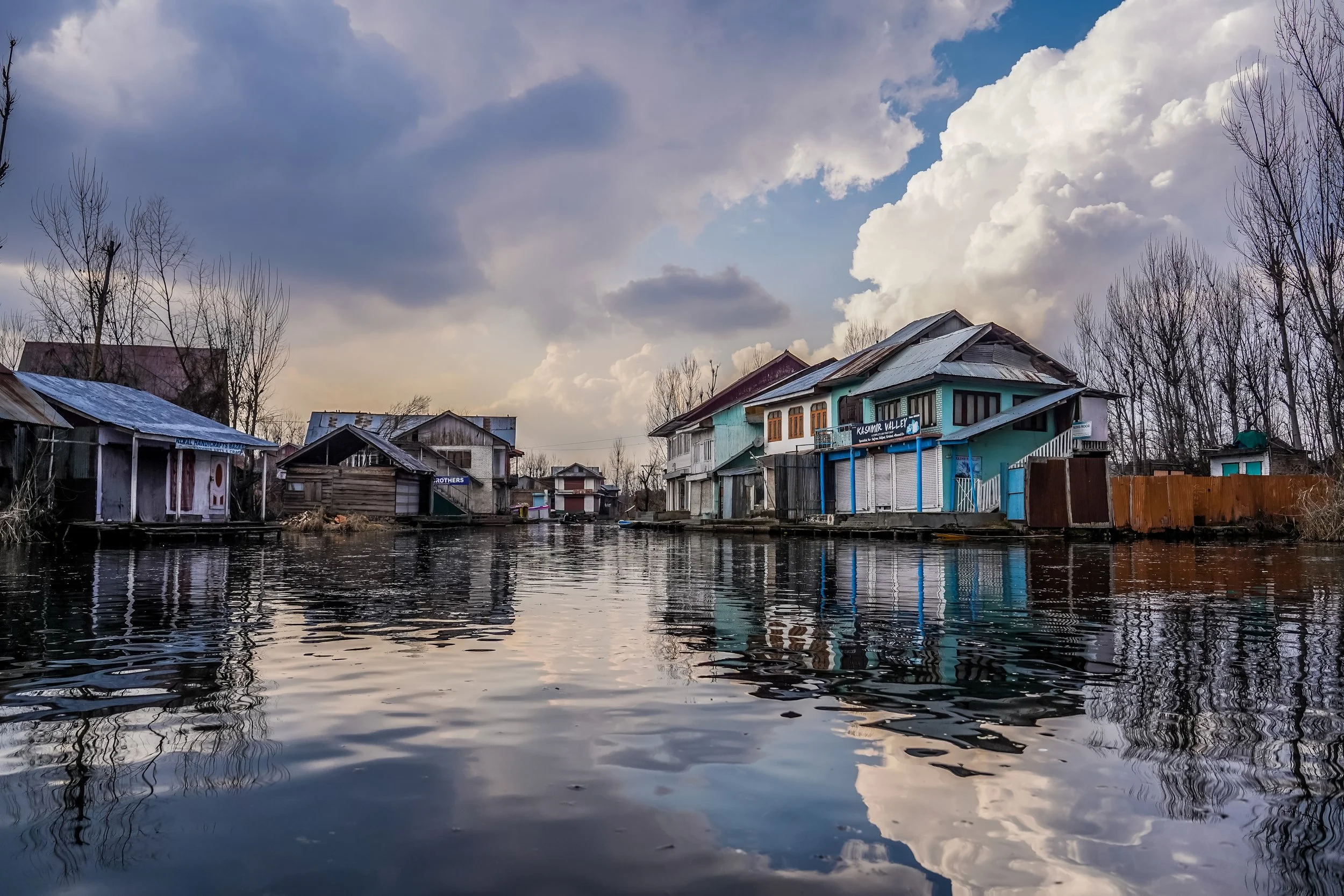When the President signed his executive order on January 27, 2017, chaos, confusion, and anger followed. Then came the lawyers.
As we commemorate the two-year anniversary of the Inflation Reduction Act (IRA) today, August 16, there is much to celebrate about this historic legislation. The IRA represents the largest-ever climate investment in our country’s history, creating unprecedented opportunities for clean energy savings.
However, we at L4GG are acutely aware that historically marginalized communities often lack the resources to access the IRA’s historic funding opportunities. In response, we have intensified our efforts over the past two years to ensure that the benefits of the IRA reach those who need them most. See what we’ve been up to!


Not enough people are talking about the water crisis in Jackson, MS. On Tuesday, the Mississippi governor declared a state of emergency for Jackson’s water system, the city’s largest treatment plant. Most of the city’s 150,000 residents are without running water, having to rely on bottled water for drinking, showering, brushing their teeth, and cooking.

Lawyers for Good Government (L4GG), the nation’s largest community of attorneys committed to human rights and equal justice for all, and New Georgia Project, a nonpartisan, nonprofit voting rights and civic engagement organization in Georgia, today released a report on ‘ballot selfies’, or the practice of taking photos of oneself at the ballot box and/or with their ballots.
A ballot selfie is when a person takes a photo of themselves holding their marked ballot and usually uploads the photo to a social media account to show friends that they voted, and for whom they voted. Ballot selfies are a great way to promote voting and engage with one’s community, yet many states have laws that prohibit them. Advocacy organizations are concerned that laws prohibiting ballot selfies are tools of voter suppression, and another way to criminalize ordinary behavior.
Click here to download “Selfie-Defense Training: Understanding and Reforming Laws that Ban Photographing and Sharing Your Ballot”
The report found that ballot selfies are completely legal in 28 states, and illegal in 13 states. Five states have laws prohibiting ballot selfies at polling locations, but not when casting a mail-in or absentee ballot. Six states have laws governing ballot selfies that are unclear. The report calls for states to update their laws to explicitly allow voters the right to take a ballot selfie, and prevent voter fraud and bribery without curtailing free speech.


